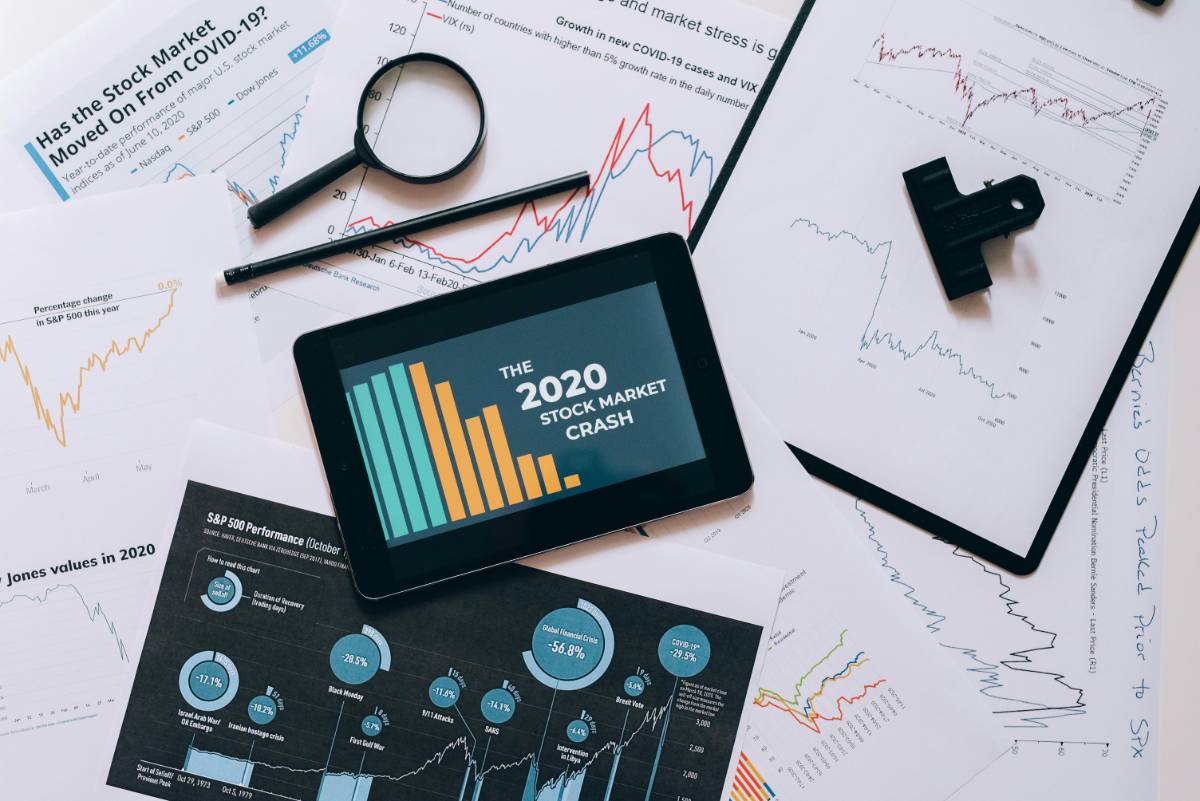
The Impact of Federal Reserve Policies on Your Money
 By Anita Singh
By Anita SinghThe Federal Reserve plays a vital role in shaping the U.S. economy. Its policies influence interest rates, inflation, and overall financial stability, directly affecting individuals, businesses, and investors alike. Understanding how these policies impact your money is essential for making informed financial decisions.
Interest Rates and Borrowing Costs
One of the primary tools of the Federal Reserve is adjusting interest rates. When rates are low, borrowing becomes cheaper, encouraging spending and investment. Conversely, higher rates make loans more expensive, slowing down economic activity.
Monitoring interest rate changes can help individuals make strategic decisions regarding mortgages, loans, and credit cards.
Inflation Control and Purchasing Power
The Fed’s policies aim to keep inflation in check. When inflation rises too quickly, the Fed may increase interest rates to slow spending and stabilize prices.
Understanding inflation trends helps consumers and investors preserve their purchasing power and adjust their financial plans accordingly.
Stock Market and Investment Impacts
Federal Reserve decisions can influence stock market performance. Lower interest rates often lead to market growth, while rate hikes can trigger volatility.

Investors should stay informed about Fed policies to anticipate market shifts and optimize their portfolios for long-term growth.
Employment and Economic Growth
The Federal Reserve’s policies impact job creation and economic expansion. Lower interest rates can boost business investments, leading to more job opportunities and economic growth.
Being aware of economic trends helps individuals plan career moves and business strategies more effectively.
You might also like
1. How Interest Rates Impact ETF and Mutual Fund Performance2. Understanding and Managing Risk in Your Investment Portfolio3. The Basics of Passive Income: How to Make Money Work for You4. Understanding the U.S. Financial System: A Complete GuideConclusion
Federal Reserve policies have a significant impact on personal finance and the broader economy. By understanding interest rate changes, inflation control, stock market effects, and employment trends, individuals can make better financial decisions and adapt to economic shifts.

About the author
 By Anita Singh
By Anita SinghAnita Singh is a seasoned finance writer with over 8 years of experience helping millennials and Gen Z take control of their money. With a background in economics and a passion for demystifying complex financial concepts, Ananya shares actionable tips on budgeting, investing, and building long-term wealth. Her mission is to make financial literacy accessible, relatable, and empowering — no jargon, just smart money moves.
More like this

Stock Buybacks: How They Influence Share Prices
Stock buybacks have become a common strategy for companies looking to boost share prices and reward investors. Understanding their impact can help investors make informed decisions.

Meme Stocks: Are They Making a Comeback?
Meme stocks took the financial world by storm in recent years, driven by online communities and retail investors. As market conditions shift, many wonder if these stocks are making a comeback.

Dividend Stocks vs. Growth Stocks: Where’s the Best Opportunity?
Investors often face a crucial decision when building their portfolios: Should they invest in dividend stocks for stability or growth stocks for higher returns? Understanding the differences can help in making the right choice based on financial goals and risk tolerance.

How Geopolitical Events Affect U.S. Stock Performance
Geopolitical events have a significant impact on the U.S. stock market, influencing investor sentiment, market volatility, and sector performance. Understanding these effects can help investors navigate uncertainty and make informed decisions.

AI and Automation: The Next Big Disruptors in the Stock Market
Artificial intelligence and automation are transforming industries, and the stock market is no exception. These technologies are reshaping investment strategies, trading mechanisms, and market dynamics at an unprecedented pace.

S&P 500 vs. Nasdaq: Where Should You Invest?
Investors often compare the S&P 500 and the Nasdaq when deciding where to allocate their funds. Understanding the differences between these indices can help you make a strategic investment choice based on your risk tolerance and financial goals.

Why Tech Stocks Are Leading the Market Again
Tech stocks are once again at the forefront of the market, driven by innovation, strong earnings, and investor optimism. As companies in the sector continue to expand their influence, understanding the reasons behind this surge can help investors make informed decisions.

The Impact of Federal Reserve Policies on the Stock Market
Federal Reserve policies play a crucial role in shaping the stock market. Interest rate decisions, quantitative easing, and regulatory measures directly impact investor sentiment and market performance. Understanding these effects can help traders and long-term investors navigate the evolving financial landscape.

Top Performing Stocks on Wall Street This Quarter
The latest quarter on Wall Street has seen significant movements, with some stocks outperforming expectations while others struggled to keep up. Understanding these trends can help investors make informed decisions moving forward.

U.S. Stock Market Outlook: What to Expect in 2025
As we move into 2025, investors are looking for insights into the U.S. stock market's potential trajectory. Market trends, economic policies, and global events will all play crucial roles in shaping investment opportunities.



